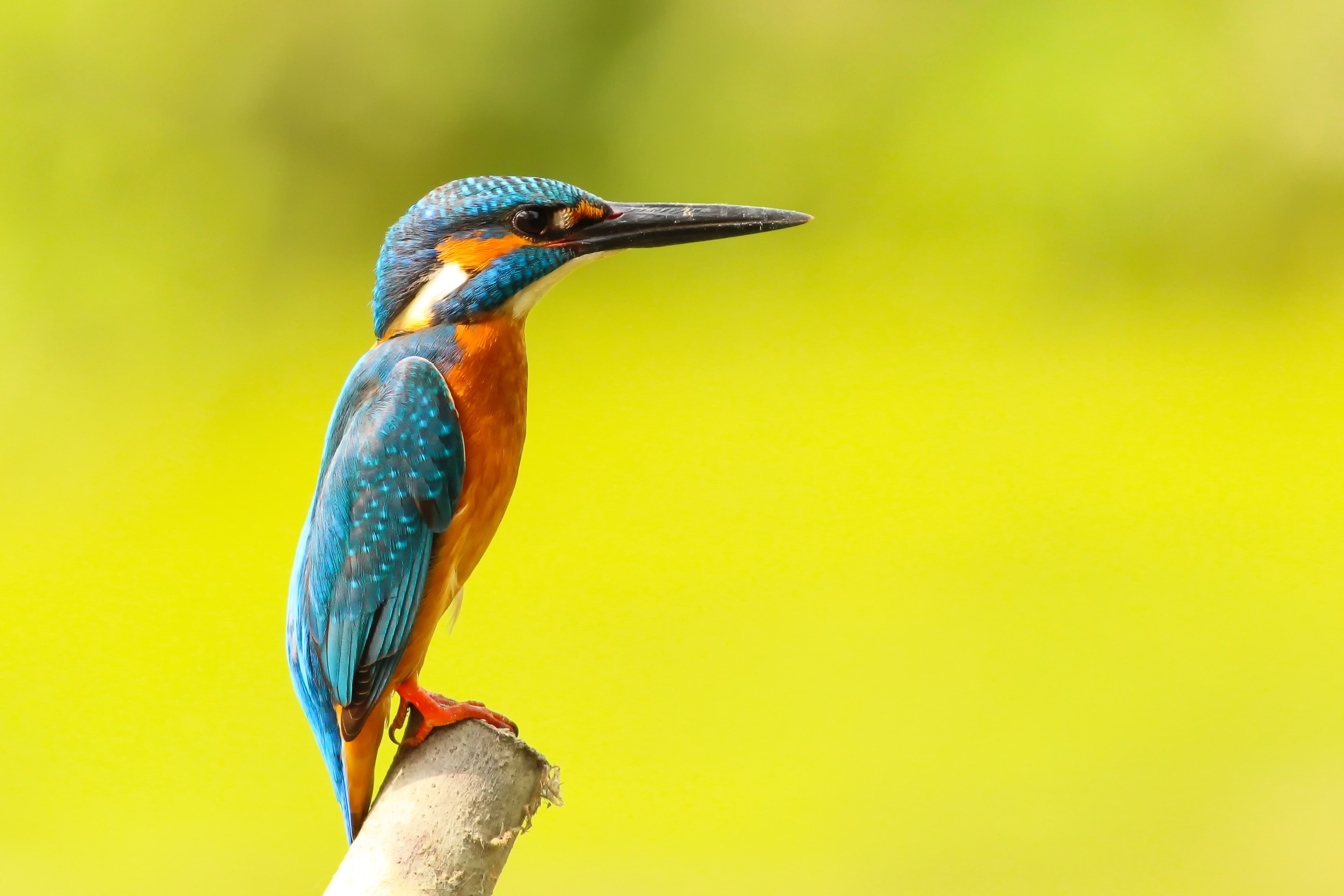
For thousands of years, our world’s climate has continuously and dramatically changing. Geological records indicate fluctuations in global temperatures and extreme weather patterns to be normal; however, as society advances and technology evolves, greenhouse gases increase resulting in global temperatures rising at increasingly alarming rates. Not only does this impact the survival of humans, our wildlife has become the victim of this change.
According to the World Wildlife Fund, it is estimated that 1,000 – 10,000 animal and plant species become extinct each year due to human impacts, with the potential to accelerate further due to climate change. Biodiversity is reduced with every new extinction which can impact trophic levels of species, leading to disturbances in the food chain.
Many species are highly vulnerable to any changes in their environment. A simple one degree Celsius temperature rise can shift a species ecological home range by hundreds of kilometres. Climate change also causes variance in habitat and food resources that can highly impact the ability of a species to maintain sustainable populations. Wildlife will either have to adapt and survive, or risk extinction.
Take, for example, our koala. For this iconic species, the IUCN Red List classifies the impacts of climate change as “likely to have severe consequences”. Changes in greenhouse emissions have the potential to impact the nutritional value of eucalyptus leaves resulting in current koala habitat becoming unsuitable. The affected animals would then be forced to find new habitat, a move made all the more difficult and unlikely by the highly fragmented nature of their landscape.
The debate about climate change has been waging worldwide for too long now, resulting in the loss of too many species and too much biodiversity in that time. Strategically targeting the leading causes of human induced climate change is essential for the survival of our wildlife. By reducing fossil fuel emissions, limiting deforestation and increasing sustainable planning for human growth, then possibly the impacts of climate change can be mitigated to some degree. But in reality, whilst human populations continue to grow, our wildlife will almost always be losing.
Will our wildlife ever win the war on reclaiming a human-dominated world?
If you are interested in finding out more about the impact climate change has on wildlife, do not miss the Wildlife Preservation Society of Queensland’s upcoming symposium “Wildlife Matter in a climate of change”. With a number of guest speakers including UQ’s very own Dr Richard Fuller and Dr Kathy Townsend.
For further information, make sure to check out WPSQ’s website at: www.http://wildlife.org.au/
Views: 69298
